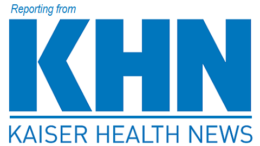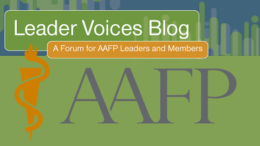How Mobile Workforce Management Supports Frontline Healthcare Workers
By Derek Jones – Healthcare workers out in the field need good and dependable support from their office to carry out their given tasks. They need quick information, tools, updates and feedback as they go about their operations.
Read More








